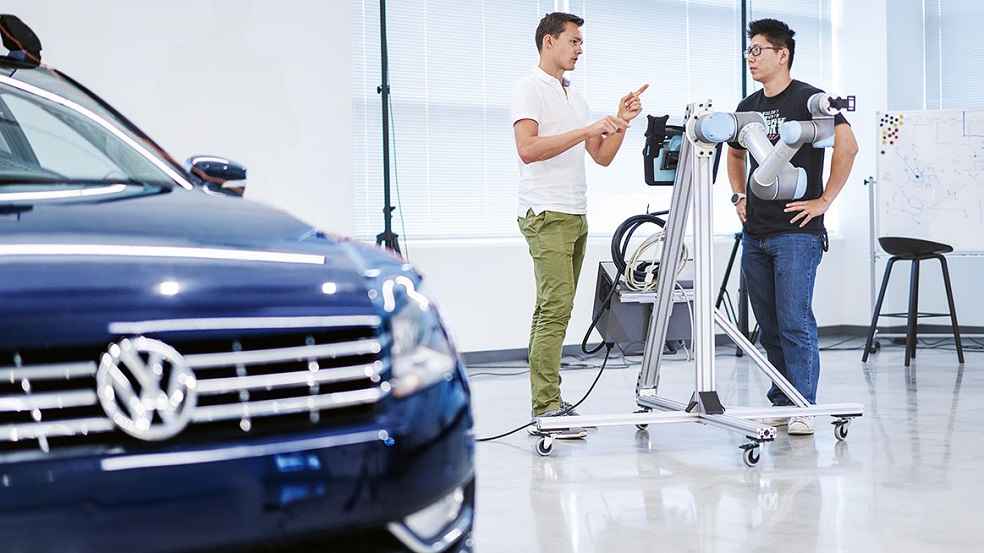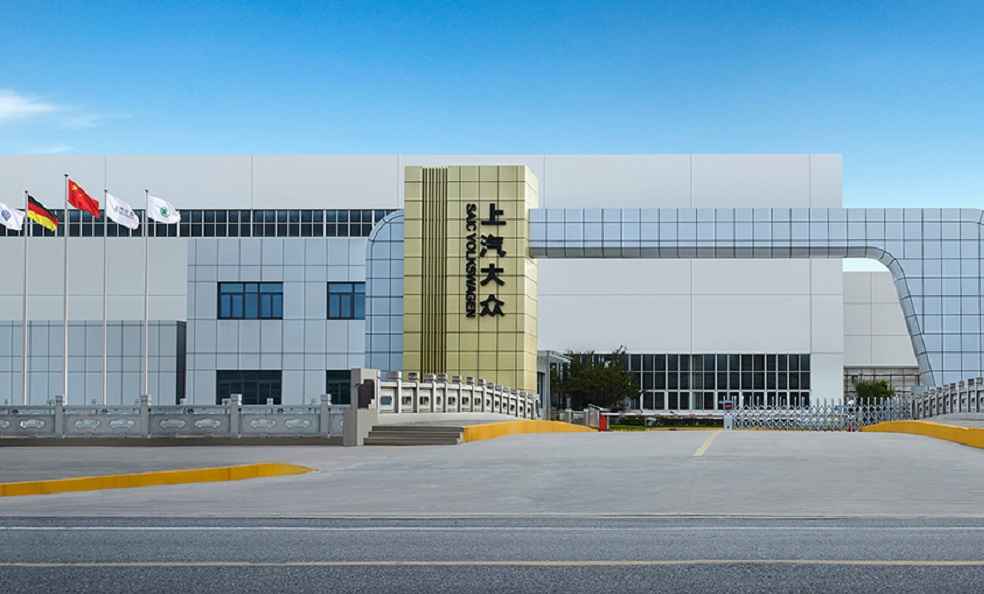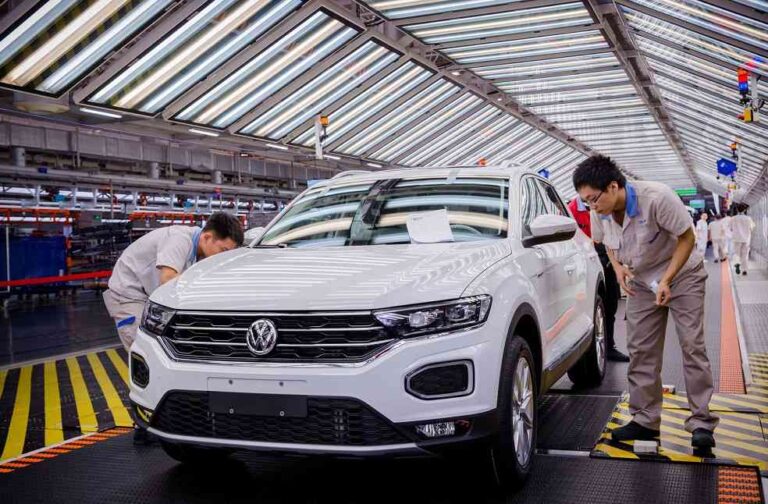Volkswagen AG, alongside its Chinese partner SAIC Motor, has exited its operations in Xinjiang, China, selling its Urumqi-based plant and other facilities in a move addressing international concerns over alleged human rights abuses in the region. The factory, originally built in 2013 with a capacity of 50,000 vehicles annually, had ceased vehicle production and served as an inspection site. The sale ensures job retention for its 170 workers under the new owner, Shanghai Motor Vehicle Inspection Center.
The divestment follows years of scrutiny over allegations of forced labor involving Uyghur Muslims in Xinjiang. While Volkswagen denies wrongdoing, citing independent audits, the exit signals a shift to align with global ethical expectations and mitigate reputational risks.

This strategic retreat coincides with Volkswagen’s intensified focus on electric vehicles (EVs) in China, the world’s largest automotive market. The company plans to introduce 40 new models in China by 2030, with 30 of them being electric. SAIC Volkswagen will contribute 18 of these, including eight EVs, emphasizing sustainable mobility amid China’s rapid EV growth, led by domestic players like BYD and Nio.
The Xinjiang plant sale underscores Volkswagen’s pivot away from underperforming assets to focus on EV development. With stiff competition from Chinese brands and Tesla, the German automaker is accelerating its efforts to regain market relevance in the region.

Volkswagen’s decision also reflects growing challenges in operating within China’s evolving geopolitical and trade environment. Western governments have imposed or proposed tariffs on Chinese EV imports, complicating access for foreign automakers. Meanwhile, the automaker continues to manage its long-standing partnership with SAIC, recently extended until 2040, reinforcing its commitment to the Chinese market despite mounting pressures.
As Volkswagen redirects resources toward innovation and sustainability, its focus on electrification signals a broader shift in the global automotive industry. The Xinjiang exit marks a pivotal moment, blending ethical considerations with strategic realignment.
NEW LAUNCH | Volkswagen ID.2 Electric SUV Teased Ahead of 2025 Munich Motor Show Debut





